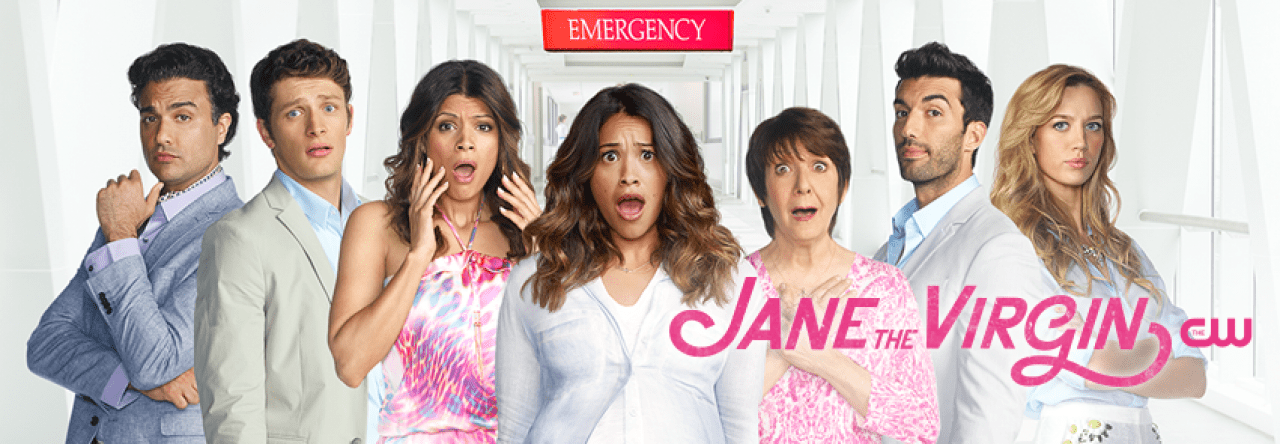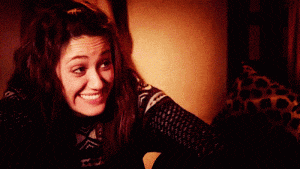Wagner, Kristen A. “”Have Women a Sense of Humor?” Comedy and Femininity in Early Twentieth-Century Film.” Velvet Light Trap, no. 68, 2011, pp. 35-46. ProQuest, http://prx.library.gatech.edu/login?url=https://search.proquest.com/docview/896625651?accountid=11107.
In this source by Wagner, the author examines how the attitudes and perceptions of women comedians change through the twentieth century. At the beginning of the twentieth century, many people questioned the lack of inherent humor in women, claiming that humor and femininity were mutually exclusive. However, vaudeville and silent film began to slowly morph the public viewpoint. Not only were the ideas of women changing with many waves of feminism, film gave women a voice in comedy and challenged the idea that women couldn’t be funny. The women comedians played down their femininity but were also seen as unique compared to their male counterparts. Through time, humor has been used to not only create laughs, but as a way to convey societal and cultural ideas. This article provided a solid foundation for the rest of my more specific research, and it helped me understand the culture behind the emergence of women comedians. This background research will provide a useful history and context for my research on a more modern comedian.
Bociurkiw, Marusya. “It’s Not about the Sex: Racialization and Queerness in Ellen and the Ellen Degeneres show.” Canadian Woman Studies, vol. 24, no. 2, 2005, pp. 176-181. ProQuest, http://prx.library.gatech.edu/login?url=https://search.proquest.com/docview/217464144?accountid=11107.
In this source by Bociurkiw, the author examines Ellen’s story of coming out, and what effect that has on the public’s idea of the queer community. For most of the US at the time, the idea of LGBT culture is associated with being outcast or undesired. Since other qualities of isolation were race and class, people often associated people of the community with African-Americans or people of low socio-economic status. When Ellen came out, it shocked the US because she was a wealthy, white comedian. On the other hand, people were not surprised because her “failures at gestures of heteronormativity” showed on her sitcom. Her coming out was published on Time Magazine and was shown on the “Puppy Episode” of her show, in which she accidentally announced her sexuality to an entire airport. This article allowed me to better understand the idea of intersectionality and how shifts in the perception of one social class can affect the others.
Snyder, Steven. “Ellen’s a Real Crowd Pleaser.” Newsday, Feb 26, 2007, pp. D02. ProQuest, http://prx.library.gatech.edu/login?url=https://search-proquest-com.prx.library.gatech.edu/docview/280133420?accountid=11107.
In this source by Snyder, the author examines the way in which Ellen is able to capture the attention and please even the toughest of crowds. According to the author, she killed it by “killing [it] softly”. She had no grand entrance, no jarring jokes; she utilized confidence and a natural attitude to express light humor. Additionally, she uses slight self-deprecation as a mechanism to relate to the audience by opening up a little bit and conveying that she isn’t vastly different from everyone else. She plays up her awkwardness and makes it endearing. Ellen’s hosting at the Oscars was not her typical joke after joke sets, but still, many people in the audience were laughing and enjoying her light humor. This article detailing one of Ellen’s performances gave me good insight into the kind of comedian Ellen is and how she has managed to get such a supportive audience.
Scott, Michael. “The Best Medicine: Touring a Showcase of the Essential Ellen DeGeneres — Not the Lesbian Ellen, and Not the Feminist Ellen, but the Comedian Ellen — is a Cure for what Ailed Her.” The Vancouver Sun, Jun 29, 2000, pp. C20. ProQuest, http://prx.library.gatech.edu/login?url=https://search.proquest.com/docview/242706440?accountid=11107.
In this source by Scott, the audience examines the power of perception and the importance of a balance identity in Ellen. Through my research, I’ve found that most articles about Ellen are about her coming out and the impact it has had on society. However, nobody wants to me defined by only one thing, and Ellen did not want to be Lesbian Ellen, especially after her coming out episode. People were so caught up in arguing about gay and lesbian rights that the meaning of the show, and Ellen’s life, almost faded away. This article is useful in helping me understand Ellen’s desires to be openly gay, yet not defined solely by it, because she has a “gift, that [she] was given… [she] can make people laugh.” She wants other people to appreciate her for the comedy and art she puts out, not as a symbol for social activism because of a sexuality she was born with.
Lewis, Rachel. “Ellen DeGeneres on Coming Out and Sexism in Comedy.” Time, Time, 7 Sept. 2017, www.time.com/4921665/ellen-degeneres-comedy-sexism-homophobia/.
In this source by Lewis for Time, the article and video examine Ellen’s journey of acceptance and how that has led to a different, but better, life for her and her career. This source contrasts the last one because it shows how Ellen’s opinions have changed from 2000 to 2017. Since the chaos about her coming out has died down, along with a more accepting society, she has stepped down from her desire to only be known for her comedy. She understands that she should stand up and be a role model. She wasn’t trying to be political by coming out, but she is so glad she did. She recalls a night doing standup in which the performer before her were homophobic and sexist, which made the crowd extremely rude toward her. Before her coming out on Time, her publicist warned her that this could destroy her career, but she was tired of hiding and went for it. Ellen was awarded the medal of freedom for being fully herself without reservation.
Roberts, Amy. “Rose McGowan’s Controversial Tweet To Ellen DeGeneres Shows Exactly Why Intersectional Feminism Is So Necessary.” Bustle, Bustle, 18 Oct. 2017, www.bustle.com/p/rose-mcgowans-controversial-tweet-to-ellen-degeneres-shows-exactly-why-intersectional-feminism-is-so-necessary-2940391.
In this source by Roberts, the author examines a specific example of criticism Ellen faces because of her prominent role in social activism. McGowan tweeted a reply to Ellen that criticized her for standing up for LBGT rights in Mississippi because other issues, like birth control and abortion were important as well. Since there are more women in the US than people who identify as LGBT, McGowan believed that with Ellen’s huge platform, she should be speaking on behalf of the larger demographic- women. This article aids in the course’s focus on intersectionality and the importance of equality for anyone, regardless of which minority group one is part of. McGowan’s tweet was interpreted by critics as placing women rights over the rights of the LGBT community, although much of the latter community is comprised on behalf of women. Although women’s rights is an important cause, the article highlights the importance of intersectional feminism, one that incorporates women of all different communities, not erasing others’ experiences or claiming some issues to be more important than others.




